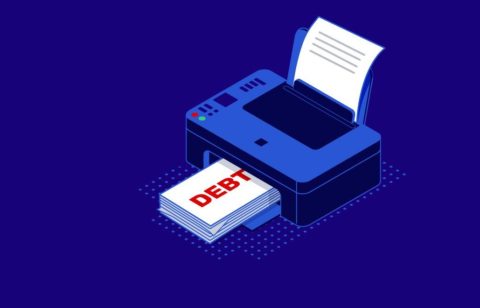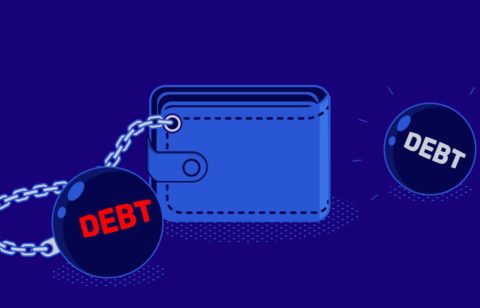I read recently the story of a woman who had cosigned for a loan and was shocked when the coupon book showed up at her house – instead of the home of the person for whom she had cosigned a loan. She wondered why the coupons came to her and did that mean she was responsible for the payments.
A simple mistake
The lender probably made a simple mistake. It probably saw that this woman was the most qualified for the loan and put here name first on it. She should be able to get this corrected simply by contacting the lender and asking that it send the coupon book to her co-signer.
She’s totally responsible
I hope this woman understands that as a cosigner to the loan, she is 100% responsible for it – should her cosigner default. In fact, it could hurt her credit if her cosigner misses a payment. She should also make sure that the creditor is reporting information about the other signer to the credit bureaus. This is because if the other signer were to screw up the loan, that information could go on this woman’s credit record. Conversely, if the other signer dies a good job of making her payments on time and pays off the loan, her credit report should reflect this.
Should you cosign a loan for your child?
Cosigning a loan is a way that many parents help their children get auto loans for the first time. Young people can have a difficult time getting an auto loan either because they have no credit history or a very brief one. In this case you will probably want to cosign for the loan. Before you do so, you should have very straightforward talk with your child about the consequences it will have on you and your credit if he or she skips payments or defaults on the loan.
If it’s someone other than your child
While you may want to help your child, it’s be a very different matter if you’re asked to co-sign by a brother, sister, cousin or someone that you’re not even related to. If that person has applied for a loan and needs a cosigner, you can bet that they have a troubled credit history. As noted above, if that person fails to make payments or defaults on the loan, your credit record (and credit score) will also take the hit. Before you agree to cosign for the loan you need to ask yourself two questions. First, can you trust that person to live up to his or her obligations. And second, what would happen to you if that person defaulted on the loan and left you holding the bag.
Are there any alternatives?
You might want to discuss with the person who has asked you to cosign for the loan whether there might be other alternatives. For example, if the person is having a problem with debt, you might suggest credit counseling instead of borrowing more money. Or you might steer them towards debt settlement. If none of these work, you’ll have to do a risk analysis and decide whether or not cosigning for that person would lead you too vulnerable financially. If so, you just may have to steal yourself to “just say no.”





